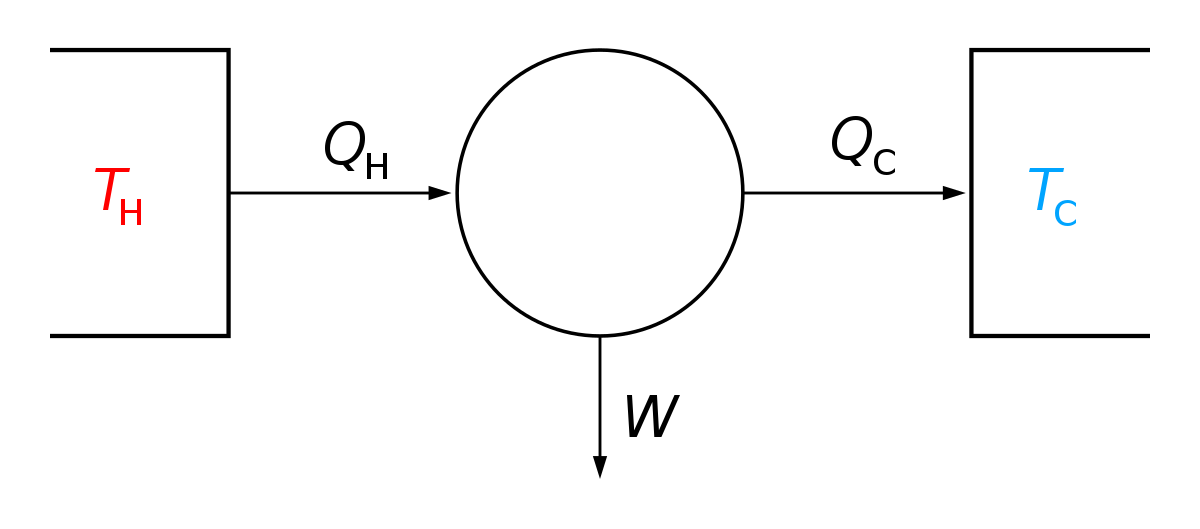This subject came up during my introduction and it was suggested I start a thread on the subject. 2 months later and I finally got around to it, haha. I was introduced to thinking of Gd as force rather than as entity as articulated by Rabbi Mordecai Kaplan in various corners of the web. I suppose I latched onto the idea in an attempt to rectify the problem (as I see it) that evil poses for an omnipotent Gd, as a way of combatting my own propensity to anthropomorphize Gd (meaning, to me, to create Gd in my own image), and as a way to allow room for scientific discovery.
I suppose it needs to be said that I am no theologian, so bear with my clumsy ramblings
Here is an essay and an article for everyone's reading pleasure. I've pulled out a few useful quotes just in case you're short on time. Hopefully these are enough to get the conversation started, but for a fuller context please read the complete pieces:
There is only one universe within which both man and God exist. The so-called laws of nature represent the manner of God’s immanent functioning. The element of creativity, which is not accounted for by the so-called laws of nature, and which points to the organic character of the universe or its life as a whole, gives us a clue to God’s transcendent functioning. God is not an identifiable being who stands outside the universe. God is the life of the universe, immanent insofar as each part acts upon every other, and transcendent insofar as the whole acts upon each part. (JC 316)
In strictly philosophical thought, the very notion of a personal being, especially when not associated with a physical body, is paradoxical. Nothing would, therefore, be lost if we substituted for that notion the one of process, which, at least with the aid of science, most of us find quite understandable. (FAJ 183)
A magnetic needle, hung on a thread or placed on a pivot, assumes of its own accord a position in which one end of the needle points north and the other south. So long as it is free to move about, all attempts to deflect it will not get away from its normal direction. Likewise, man normally veers in the direction of that which makes for the fulfillment of his destiny as a human being. That fact indicates the functioning of a cosmic Power which influences his behavior. What magnetism is to the magnetic needle, Godhood or God is to man.
So, how does everyone here conceive of 'Gd'? More as entity? More as force? More as a concept?
Curious to hear from diverse religious (and non-religious) beliefs.
I suppose it needs to be said that I am no theologian, so bear with my clumsy ramblings
Here is an essay and an article for everyone's reading pleasure. I've pulled out a few useful quotes just in case you're short on time. Hopefully these are enough to get the conversation started, but for a fuller context please read the complete pieces:
Mordecai M. Kaplan and Process Theology: Metaphysical and Pragmatic Perspectives
https://www.religion-online.org/art...logy-metaphysical-and-pragmatic-perspectives/There is only one universe within which both man and God exist. The so-called laws of nature represent the manner of God’s immanent functioning. The element of creativity, which is not accounted for by the so-called laws of nature, and which points to the organic character of the universe or its life as a whole, gives us a clue to God’s transcendent functioning. God is not an identifiable being who stands outside the universe. God is the life of the universe, immanent insofar as each part acts upon every other, and transcendent insofar as the whole acts upon each part. (JC 316)
In strictly philosophical thought, the very notion of a personal being, especially when not associated with a physical body, is paradoxical. Nothing would, therefore, be lost if we substituted for that notion the one of process, which, at least with the aid of science, most of us find quite understandable. (FAJ 183)
God as Ordering Force of the Universe
https://www.huffpost.com/entry/god-as-ordering-force-of_b_1850510A magnetic needle, hung on a thread or placed on a pivot, assumes of its own accord a position in which one end of the needle points north and the other south. So long as it is free to move about, all attempts to deflect it will not get away from its normal direction. Likewise, man normally veers in the direction of that which makes for the fulfillment of his destiny as a human being. That fact indicates the functioning of a cosmic Power which influences his behavior. What magnetism is to the magnetic needle, Godhood or God is to man.
So, how does everyone here conceive of 'Gd'? More as entity? More as force? More as a concept?
Curious to hear from diverse religious (and non-religious) beliefs.

